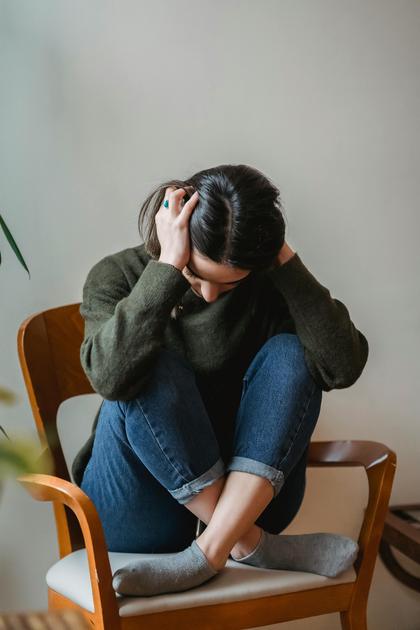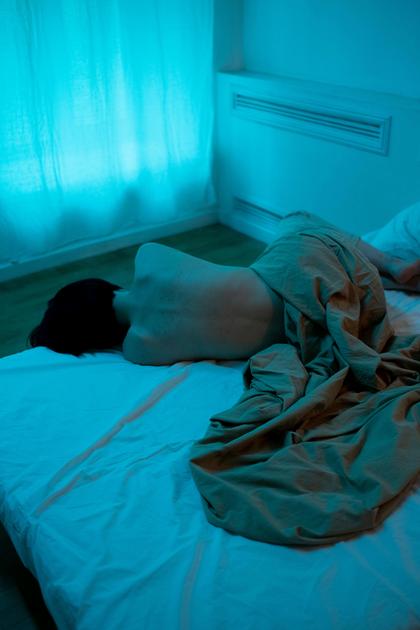Hormones and Anxiety: Unlocking Better Sleep for Women’s Health
Are you a woman over 30 struggling with hormones, anxiety, and sleepless nights? You’re not alone. Many women experience these silent challenges, which can feel overwhelming. But understanding how hormones influence our emotions and physical well-being is the first step towards reclaiming restful sleep and more balanced health. In this article, we’ll dive into how anxiety connected to hormonal shifts can disrupt sleep and what you can do to restore harmony in your life.
Understanding Hormones and Their Impact on Health
Every woman’s body functions like a delicate symphony, and hormones are the conductors. These chemical messengers influence many aspects of health, including mood, energy, and sleep. Hormones like estrogen, progesterone, and cortisol play crucial roles throughout a woman’s life, particularly impacting health as she ages.
For women over 30, hormonal shifts can lead to various symptoms. These can include fatigue, weight gain, and heightened anxiety. Understanding how hormones work helps us navigate these changes with grace.
How Anxiety Affects Sleep Quality
Anxiety is a frequent culprit behind sleepless nights. When that anxious mind starts racing, it becomes nearly impossible to relax and drift off. This is especially common for women who juggle numerous responsibilities, from careers to family care.
When anxiety disrupts our sleep, it creates a cycle: lack of sleep can increase anxiety, which in turn makes it harder to sleep. Recognizing this cycle is the first step toward reclaiming restful nights.
Common Hormonal Changes in Women Over 30
By the time a woman turns 30, her body begins a gentle shift. Hormone levels fluctuate, often leading to noticeable changes:
- Perimenopause: This phase, which can begin in your 30s, triggers hormonal imbalance.
- Menstrual Irregularities: Some women start experiencing irregular periods.
- Increased Stress Hormones: Cortisol levels can rise due to stress, causing further health issues.
- Changes in Mood: Anxiety and depression can intensify during these years.
These common changes can feel overwhelming, but they are completely normal—many women are navigating similar paths.
The Link Between Hormones and Emotions
Hormones profoundly affect emotions. Estrogen and progesterone, for instance, often serve as mood stabilizers. When levels fluctuate, you may feel a surge of irritability or anxiety.
Understanding this link can foster compassion toward yourself. Recognizing that your feelings are part of natural hormonal variations can be comforting, and it opens the door for effective strategies to manage these emotions.
Practical Tips to Manage Anxiety Naturally
Managing anxiety is essential for better sleep and overall health. Here are some natural strategies to help ease anxiety:
- Deep Breathing: Practice deep breathing exercises to calm the nervous system.
- Mindfulness Meditation: Spend a few minutes each day focusing on the present moment.
- Regular Exercise: Physical activity reduces stress hormones, boosting mood.
- Adequate Hydration: Staying hydrated supports overall well-being and helps maintain hormone balance.
Implementing these techniques can create a positive shift in mood and anxiety levels.
Sleep Hygiene: Simple Steps for Better Rest
Good sleep hygiene practices can drastically improve your sleep quality:
- Keep a Sleep Schedule: Go to bed and wake up at the same time every day.
- Create a Relaxing Environment: Make your bedroom a tranquil space, free of distractions.
- Avoid Screens Before Bed: The blue light emitted by devices can hinder melatonin production, making sleep harder to achieve.
- Limit Caffeine and Alcohol: Both substances can negatively impact sleep quality.
Implement these simple strategies to build a peaceful nighttime routine that nurtures better sleep.
How Lifestyle Changes Can Balance Hormones
Making certain lifestyle adjustments can have a significant impact on hormonal balance:
- Nutritious Diet: Focus on whole foods, plenty of vegetables, and healthy fats.
- Regular Exercise: Aim for at least 30 minutes of activity most days.
- Stress Management: Incorporate relaxation techniques like yoga or meditation.
- Adequate Sleep: Prioritize sleep, aiming for 7-9 hours each night.
These lifestyle changes can lead to hormonal harmony, helping alleviate anxiety and improve sleep.
Recognizing the Signs of Hormonal Imbalance
Being aware of hormonal imbalance signs can be empowering:
- Fatigue: Persistent tiredness can signal hormone issues.
- Weight Changes: Unexplained weight gain or loss can occur due to hormonal shifts.
- Mood Swings: Frequent changes in mood may be related to hormonal fluctuations.
- Sleep Disturbances: Difficulty falling asleep or staying asleep is a common sign.
If any of these resonate with you, it may be worth seeking guidance from a healthcare provider.
Real Stories: Women Overcoming Sleep Challenges
Many women share similar experiences of battling sleepless nights:
One woman, Sarah, found that after changing her diet and adding mindfulness practices, her anxiety reduced significantly. She began sleeping better and felt an energy boost she hadn’t experienced in years.
Another woman, Jenna, embraced yoga as her go-to solution. It calmed her mind and helped her sleep through the night. Reading these stories shows the shared struggle and the power of perseverance.
Why You Deserve Restful Nights and Peace of Mind
Every woman deserves restful nights and a peaceful mind. It’s essential to remember you’re not alone in this journey. Many women have faced similar challenges but have discovered ways to thrive.
By taking small, consistent steps and tailoring your routine, it’s entirely possible to regain control over your sleep and mental health. If you’re ready to explore a guided path toward better sleep, feel encouraged—it can lead to significant improvements in your well-being!













